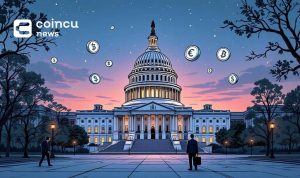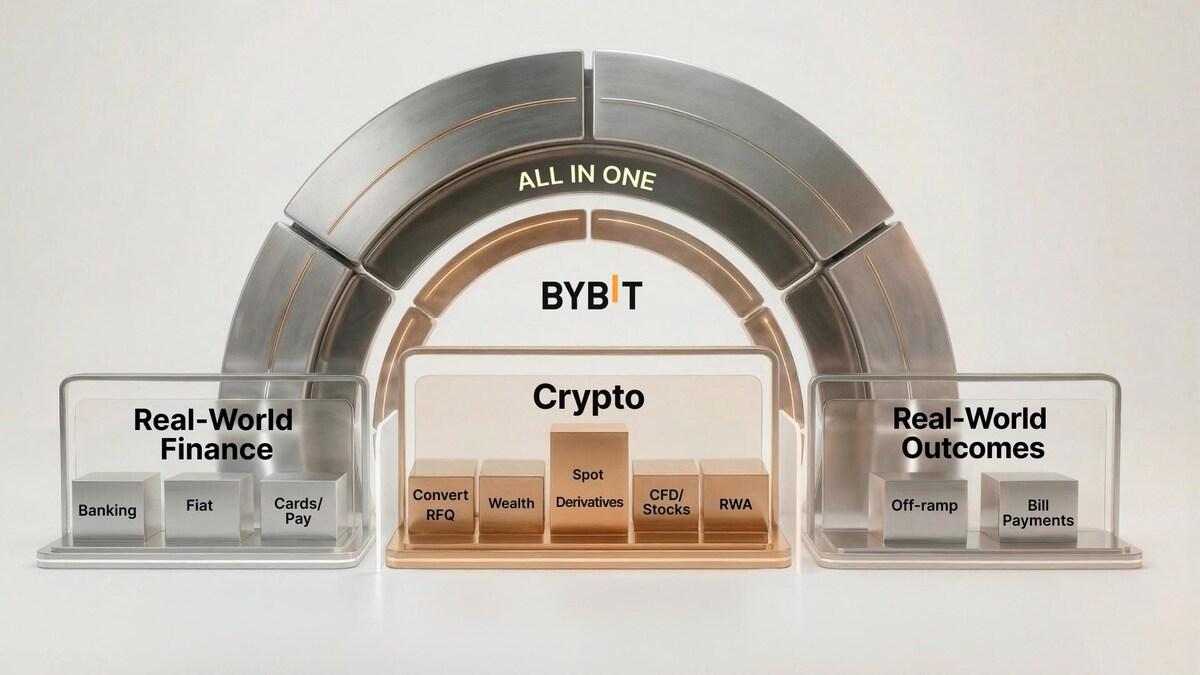Key Points:
- Attorney argues XRP not a security: SEC concedes it’s only an “investment contract”.
- “Howey” case analysis is key to understanding XRP’s definition.
- SEC must prove contract between Ripple and XRP purchasers to prove investment.
Ripple SEC lawsuit decision is currently awaited, attorney Jeremy Hogan has taken to Twitter to make a compelling argument on why XRP does not qualify as a security.

In a thread of tweets, Hogan explains that XRP can only “possibly” fit under the definition of an “investment contract” according to the legislative definition of security. According to Hogan, this is because XRP is not a stock, nor is it a bond.
He goes on to explain that even the SEC agrees with him on this point. In fact, the SEC has conceded that XRP could only be deemed an “investment contract.” With this in mind, Hogan continues that an “investment contract” analysis is governed by the “Howey” case and its progeny. The “test” in the case (investment in a common enterprise with the expectation of profits from the efforts of others) was in response to a lower court opinion that a “speculative” investment was required.
Interestingly, the Howey case did not focus on the “contract” part of the “investment contract.” Instead, the “contract” was deemed necessary in its response to the lower court and had addressed the “contract” part of the test just before rendering the Howey opinion. While these might seem like legal technicalities, they are actually quite important to the case. The issue, according to Hogan, is whether the SEC has proven that there was either an implied or explicit “contract” between Ripple and XRP purchasers relating to their “investment.”
If the SEC cannot prove that there was an implied or explicit contract between Ripple and XRP purchasers, then XRP should not be classified as a security. This is a critical point for the Ripple lawsuit, as it could mean the difference between XRP being regulated like security or not. Hogan’s argument is strong, and it will be interesting to see how the SEC responds to it in the coming weeks and months.
DISCLAIMER: The Information on this website is provided as general market commentary and does not constitute investment advice. We encourage you to do your own research before investing.
Join us to keep track of news: https://linktr.ee/coincu
Annie
Coincu News






















